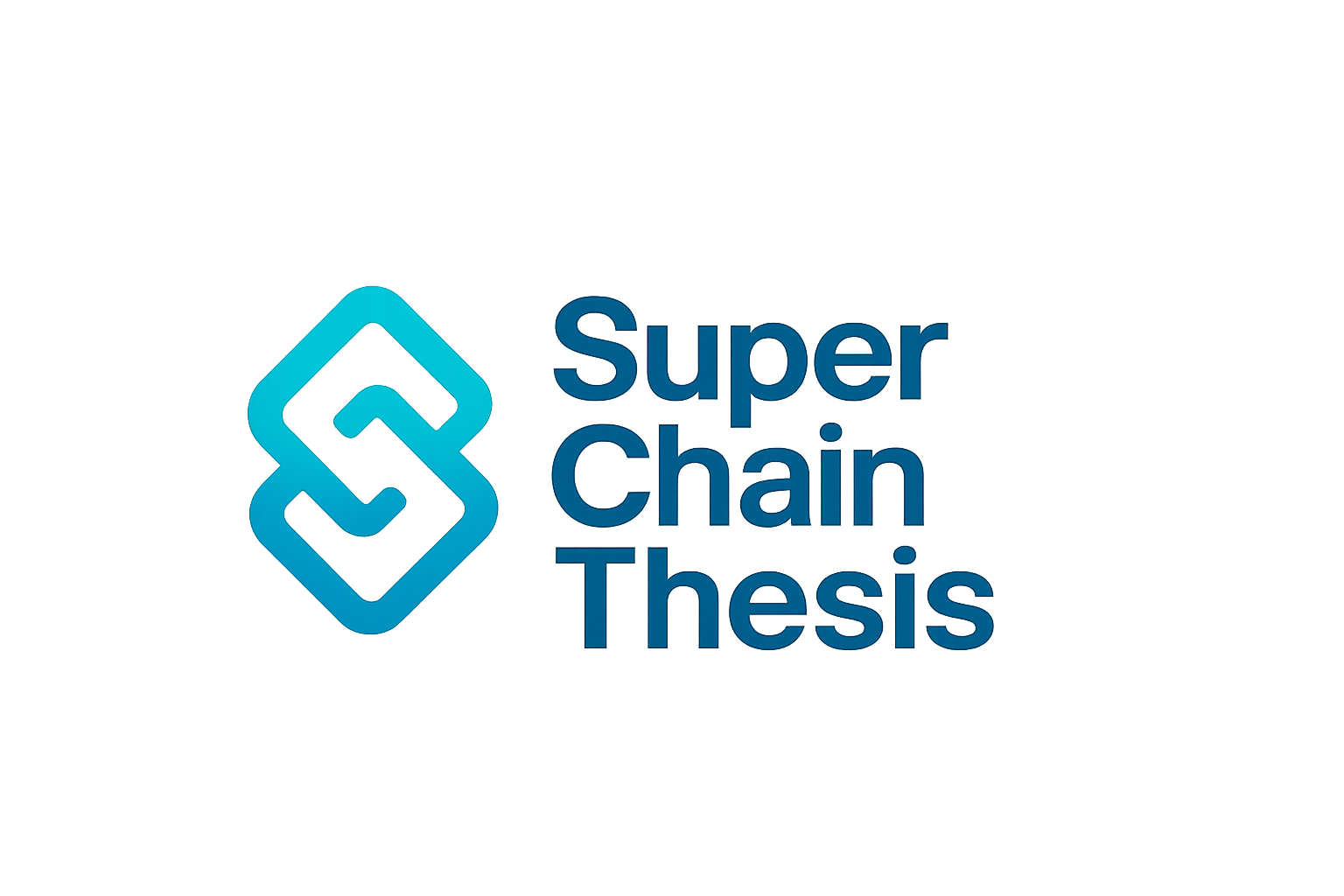
In 2025, the blockchain landscape is defined by a relentless pursuit of scalability and seamless interoperability. As the superchain vision gains momentum, rollups are no longer isolated silos but active participants in a dynamic, interconnected ecosystem. Yet, two persistent challenges have threatened to stall progress: sluggish transaction finality and fractured cross-rollup collaboration. Espresso Systems has emerged as a pivotal force in addressing these bottlenecks, offering instant finality and frictionless interoperability that are rapidly becoming industry standards.

Eliminating the Finality Bottleneck: How Espresso Delivers Instant Settlement
The traditional Ethereum settlement process imposes a significant delay on rollup chains. Transactions submitted to Ethereum must wait through multiple block confirmations – often exceeding twelve minutes – before being considered final and irreversible. This latency undermines user experience, complicates DeFi operations, and exposes protocols to unnecessary risk.
Espresso Systems disrupts this paradigm by introducing a Byzantine Fault Tolerant (BFT) consensus protocol purpose-built for rollups. With Espresso’s base layer, participating chains achieve transaction finality in roughly six seconds. This leap is not merely incremental; it is transformative for both developers and end users. For instance, ApeChain – the Bored Ape Yacht Club community’s rollup – now leverages Espresso’s infrastructure to provide near-instant settlement, eliminating the anxiety of pending transactions and reducing exposure to MEV attacks.
This rapid confirmation capability is not an afterthought or retrofit. Unlike legacy systems repurposed for L2s, Espresso was architected from the ground up for modern rollup needs. The result is an infrastructure that supports high-throughput applications without compromising on security or decentralization.
Cross-Rollup Collaboration: From Siloed Chains to True Composability
Instant settlement alone does not solve blockchain’s most pressing limitation: interoperability between disparate rollups. Historically, moving assets or data across chains required cumbersome bridges or trusted intermediaries – mechanisms prone to hacks and inefficiency.
Espresso’s unified confirmation layer redefines this status quo by enabling synchronous composability among integrated rollups. When one chain confirms a transaction through Espresso’s validator network, other connected chains can trust and act on that data in real time. This unlocks use cases such as cross-chain swaps, multi-rollup DeFi protocols, and complex dApps that span several ecosystems without sacrificing security or speed.
The integration with ApeChain is emblematic of this new paradigm: users can interact with protocols on different networks as if they were operating on a single chain. No more waiting for slow bridge finality or worrying about fragmented liquidity pools.
Pioneering Partnerships: Building the Superchain Infrastructure
The strength of any shared infrastructure lies in its adoption across diverse platforms. In 2025, Espresso has forged strategic alliances with leading players:
- Polygon Labs: Co-developing AggLayer to unify fragmented liquidity and enable seamless asset movement across L2s.
- Caldera: Integrating Espresso into their rollup-as-a-service platform brings enterprise-grade security and composability to emerging chains.
- NodeOps: Leveraging instant finality for decentralized cloud computing marketplaces boosts efficiency while maintaining trustlessness.
This collaborative approach ensures that Espresso’s benefits are not confined to a single ecosystem but ripple across the entire superchain movement. By serving as the connective tissue between OP Stack-based rollups and beyond, Espresso empowers developers to build next-generation applications where value flows freely between networks.
As these integrations mature, the Espresso validator network is quickly becoming a cornerstone for superchain blockchain scalability. Its permissionless, decentralized architecture means any rollup can plug in and benefit from shared security and fast settlement without ceding autonomy. This model not only reduces operational overhead for individual chains but also provides a common trust foundation, accelerating the pace of cross-rollup innovation.
Developers are already leveraging Espresso’s cross-rollup interoperability to create multi-chain DeFi protocols, NFT platforms, and gaming ecosystems that were previously impossible due to fragmented state and liquidity. For example, a liquidity provider on ApeChain can now participate in yield farming strategies involving assets on Polygon zkEVM or Caldera-powered rollups, executing atomic swaps and complex interactions without the delays or risks of traditional bridging.
What’s Next: The Road to Permissionless Proof-of-Stake
Looking ahead, Espresso Systems is preparing to transition its consensus mechanism to a fully permissionless Proof-of-Stake (PoS) model by late 2025. This evolution will open participation in block validation to a broader set of stakeholders, further decentralizing the network and reinforcing its security guarantees. The move is anticipated to drive even greater adoption among emerging rollups seeking robust finality assurances without centralized gatekeepers.
Moreover, as more chains integrate with Espresso’s confirmation layer, the network effect amplifies: each new participant strengthens the web of trust and composability across the superchain. For investors and builders alike, this means lower risk of fragmentation and higher confidence in cross-chain operations, a critical factor as capital allocation increasingly spans multiple L2s.
Key Takeaways for Developers and Investors
- Instant finality (around six seconds) transforms user experience by eliminating settlement anxiety and enabling high-frequency applications.
- Synchronous composability between rollups unlocks new business models, cross-chain lending, unified NFT marketplaces, and frictionless asset flows are now practical realities.
- Open infrastructure: With permissionless PoS on the horizon, Espresso aims to democratize access to shared security for all rollups, not just those with deep resources or large teams.
The era of isolated blockchains is ending. By delivering both instant finality and true cross-rollup interoperability in 2025, Espresso Systems is not just keeping pace with industry demands, it is setting new standards for what developers and users should expect from decentralized infrastructure. As more chains embrace this unified confirmation layer, expect an explosion of innovation where value moves as freely between networks as it does within them.






